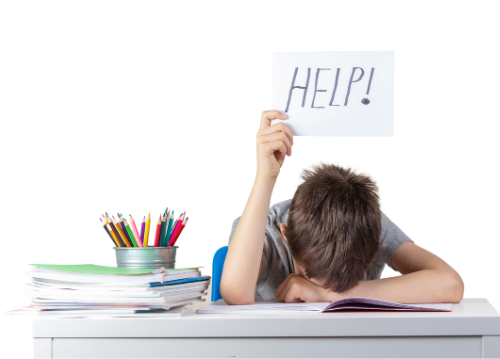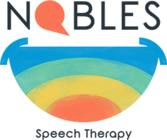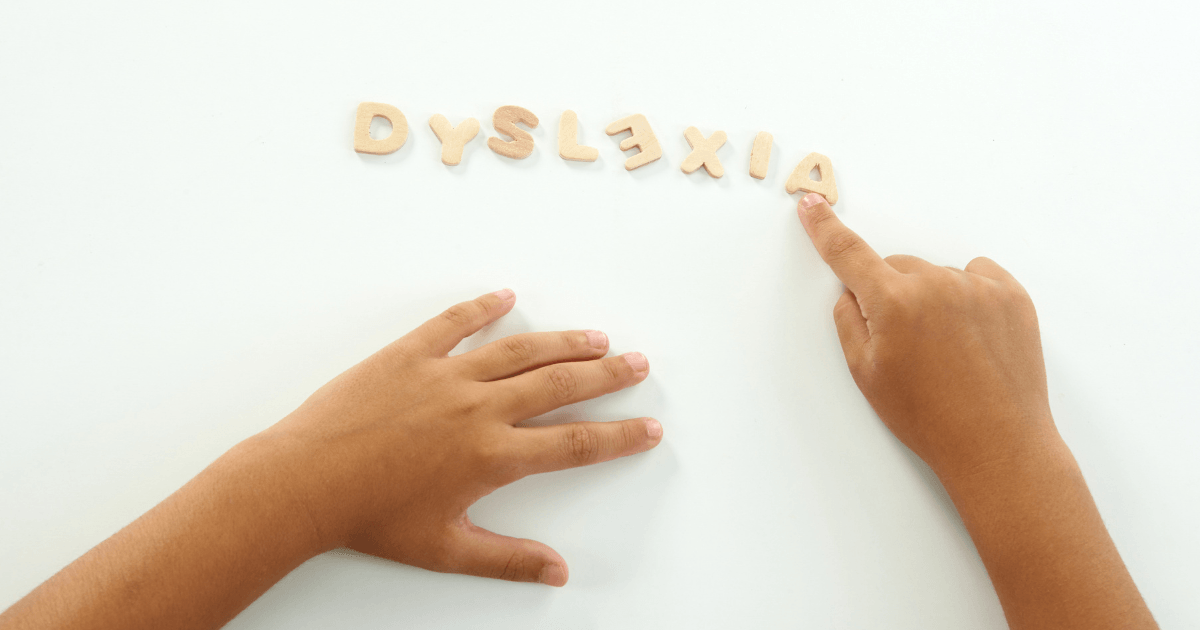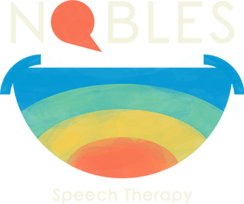The Ultimate Guide to Speech Therapy for Dyslexia: Diagnosis, Treatment, and Strategies
Share this page:

A Parent's Guide to Understanding and Treating Dyslexia with Speech Therapy
Did you know that dyslexia affects a significant portion of the population? It is estimated to affect 20 percent of people, making it the most common neuro-cognitive disorder. If your child has dyslexia, early intervention and speech therapy can significantly affect their language development and academic success. To provide helpful information and answer common questions about dyslexia and speech therapy, we've put together a comprehensive FAQ guide.
General Information
What is dyslexia?
Dyslexia is a neuro-cognitive disorder that causes difficulty in reading, spelling, writing, and often learning a second language. It is estimated to affect 20% of people and represents 80-90% of all those with learning disabilities. Dyslexia is most commonly due to a difficulty in phonological processing, which affects the ability to appreciate the individual sounds of spoken language. Despite the challenges, with proper intervention, dyslexic children can develop their language skills to become more confident in their reading and speaking abilities.
What causes dyslexia?
The exact causes of dyslexia are not yet fully understood, but research suggests that it is a combination of genetic and environmental factors that affect brain development. Studies have shown that there is a higher incidence of dyslexia in families, indicating a genetic component.
Brain imaging studies have also revealed that individuals with dyslexia have different patterns of brain activity and connectivity, particularly in areas related to language processing. Additionally, some research has suggested that exposure to stress during prenatal or early developmental stages could also contribute to the development of dyslexia.
Can you give yourself dyslexia?
The quick answer to this question is no, as people are born with dyslexia instead of developing it. However, you can acquire it later if you suffer a brain injury or stroke. Some studies suggest exposure to stressful circumstances could also cause dyslexia. So although you can't "give yourself dyslexia," it is possible to "acquire" it.
Although dyslexia is a life-long disorder that impacts your child's ability to learn, they can develop their skills to help improve their spoken and written language to become more confident in their reading and speaking abilities.
Symptoms and Characteristics
-
What do dyslexic people look like?
Anyone can have dyslexia, which means they don't appear any different than the people and children you interact with daily.
-
What is partial dyslexia?
There are different types of dyslexia and milder and more severe forms of dyslexia. Milder forms cause less trouble in spoken and written language making it easier for children to learn to cope with their dyslexia. However, dyslexia doesn't "go away," so regardless of the severity of the disorder, it's essential to see your child gets proper help to improve their spoken and written language skills.
-
Is not knowing your left from right considered dyslexia?
When someone has trouble knowing their left from their right, this is called left-right confusion. This specific disorder causes issues with directions, which is why it is often referred to as directional dyslexia. Despite the term, it is not necessarily dyslexia but could be a sign of dyslexia if other symptoms are displayed.
-
How do you read with dyslexia?
Dyslexia makes it difficult to read even words that should be familiar. As a result, reading is slow and takes more work to process. It is also widespread to transpose numbers and letters, reading "won" as "now" or "123" as "213." Many don't notice spaces between words, so they blend, making it difficult to read sentences. Remembering what was read can also be challenging, so a sentence might be read several times.
-
What does dyslexia writing look like?
Dyslexia makes writing difficult, with common mistakes similar to reading challenges. For example, instead of "now," it might be written as "won." Letters can also be mixed up, such as flipping b's and d's or 6's and 9's.
-
What to look for with dyslexia?
Dyslexia symptoms include:
- Finding it hard to learn new words
- Delays in speech development
- Finding rhyming words difficult
- Getting letters or numbers mixed up
- Reading at a lower level than expected for age
- Having grammar problems
- Difficulty spelling
- Not using proper sentence structure
- Low Phonological awareness
- Avoiding reading aloud, such as school presentations
- Mistakes when copying from secondary sources
Children can also display specific behavioral signs such as:
- Withdrawing from friends and classmates
- Depression
- Acting out or misbehaving
- Low self-esteem
- Relationship difficulties with siblings and peers
- No interest in school or grades
- Lack of motivation
The sooner these symptoms are addressed, the sooner your child can learn to manage their dyslexia.
Diagnosis and Assessment
Where do I go for dyslexia testing?
The
diagnosis of dyslexia requires a comprehensive evaluation. Although many schools will identify dyslexia or let you know they have suspicions your child has dyslexia, professional evaluations are usually performed by a reading specialist or psychologist. Often a team is involved in the testing process, including speech and language pathologists, physicians, and occupational therapists.
Is my 8-year-old dyslexic?
Dyslexic symptoms are often discovered once a child is in school. As their lessons focus more on reading skills, their symptoms become more apparent. If you are concerned your 8-year-old is dyslexic, you can watch for the following signs:
- Reading below the expected level for their age
- Having difficulty processing and understanding what is heard
- Not finding the right word or form answers easily when asked a question
- Finding it difficult to remember the sequence of things
- Difficulty seeing the similarities and differences in letters and words
- Not being able to sound out unfamiliar words
- Difficulty spelling
- Taking an unusually long time to complete reading and writing tasks
- Avoiding reading, especially out loud
Speech Therapy Techniques
What can I do if my child has dyslexia?
Dyslexia is a language problem beginning with "phonological awareness." Phonology is related to language and the relationship between the sounds made in speech. Children develop awareness as an essential part of reading and language skills. If a child's phonological awareness is low, recognizing and working out word sounds isn't easy.
To help your child overcome their challenges, speech and language therapy for dyslexia can teach dyslexic children to word recognition and help kids with phonetics to connect letters to sounds. The lessons eventually make it easier for kids to merge sounds to create words. Known as "decryption," it is the fundamental skill that teaches children to read. You can help your child with decryption at home, using rhyming schemes or clapping the syllables of a word to help your child recognize the syllables. You can also find games that focus on language development and vocabulary usage. However, seeking treatment with a specialist is the best way to help them manage dyslexia.
Schedule a Consultation with Nobles Speech Therapy for Dyslexia Treatment
If you are interested in learning more about how Nobles Speech Therapy can assist your child in overcoming the challenges of dyslexia, we encourage you to reach out and schedule a consultation.
Share this page:

About the Author
Myles Nobles is a pediatric speech and language pathologist in Laurel, MD. He uses a gentle approach and customizes treatment plans to help children from diverse backgrounds enhance their speech and language skills and reach their full potential, despite challenges such as autism. Myles' goal is to improve children's independence, self-confidence, and social well-being.
Contact
Nobles Speech Therapy LLC
info@noblesspeechtherapy.com



